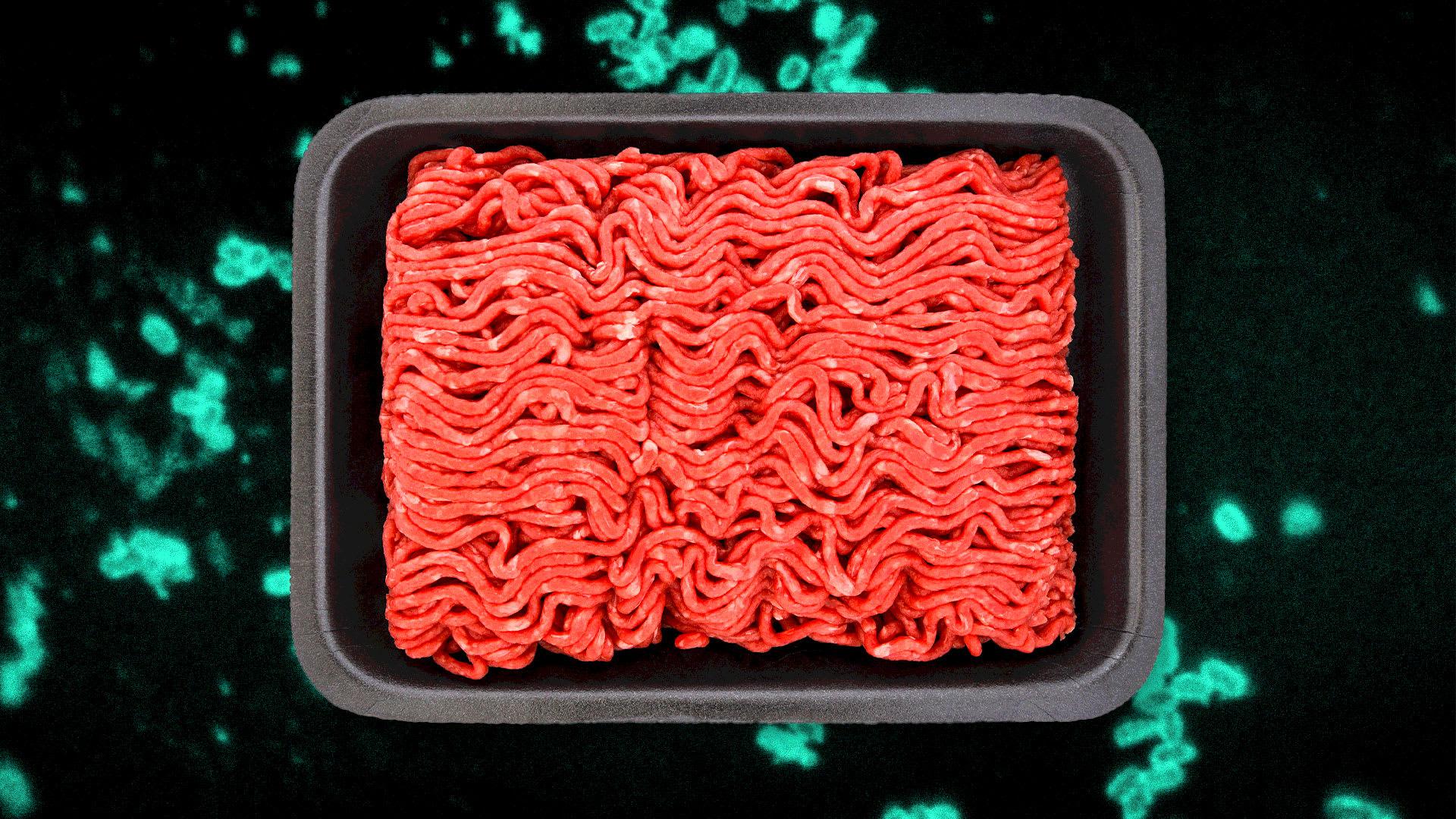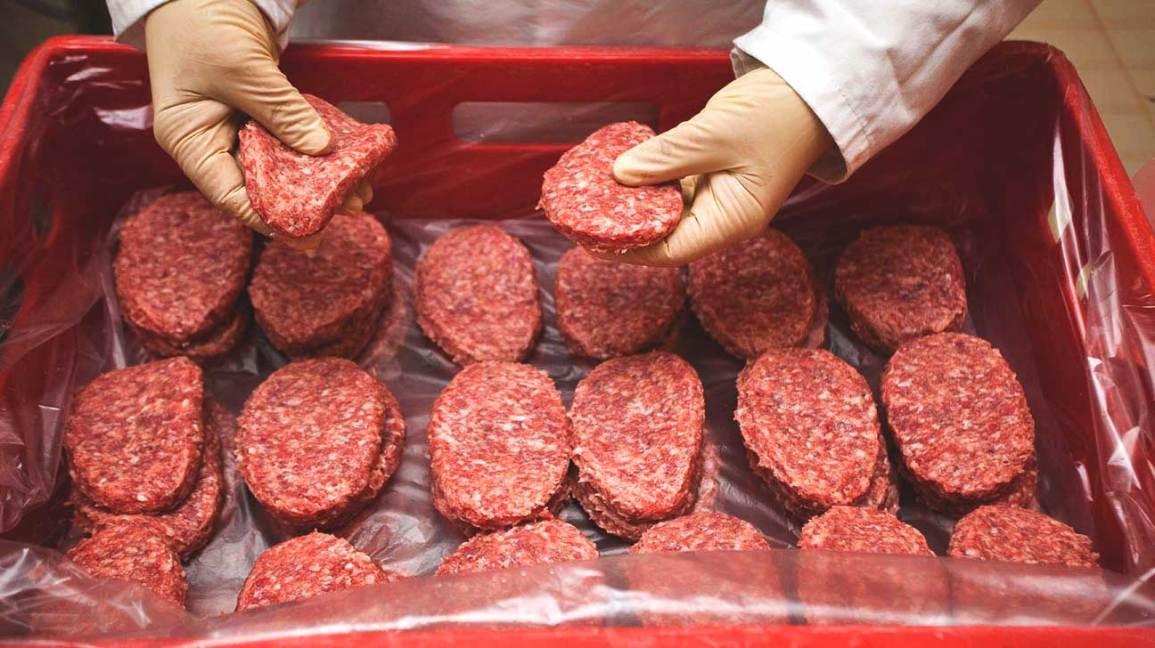Boar’s Head Provisions Co. has recalled 207,528 pounds of meat products. The recall affects nine different product lines, including liverwurst and various deli meats.
Routine testing detected the presence of Listeria monocytogenes in these products. This recall represents one of the larger meat recalls in recent years, impacting consumers across multiple states.
Listeria Outbreak Spans 13 States, Claims Lives

The listeria outbreak has affected 34 people across 13 states. Two deaths have been reported in connection with this outbreak.
The CDC has confirmed cases in 11 states, including Georgia, Illinois, and New York. This multi-state outbreak highlights the widespread distribution of potentially contaminated products.
Nine Boar’s Head Products Included in Recall

The recall encompasses nine Boar’s Head products, including liverwurst and various deli meats. Products have sell-by dates ranging from July 25, 2024, to August 30, 2024.
The recall affects both pre-packaged products and those sliced at retail delis. This wide range of affected products increases the potential for consumer exposure.
Class I Recall: Products Deemed Unsafe

The FSIS has classified this as a Class I recall. This classification indicates a high health risk. The agency has declared the recalled products “unfit for human consumption”
Class I recalls are the most serious, involving situations where there is a reasonable probability of serious health consequences or death.
Listeria: A Deadly Foodborne Pathogen

Listeria monocytogenes can cause serious and sometimes fatal infections. It particularly affects young children, elderly people, and those with weakened immune systems.
Symptoms can include high fever, severe headache, and nausea. According to the CDC, listeria causes about 1,600 illnesses and 260 deaths annually in the United States.
Risks for Pregnant Women and Unborn Children

Listeria poses significant risks to pregnant women and their unborn children. It can cause miscarriages and stillbirths.
Pregnant women are about 10 times more likely to contract listeriosis than other healthy adults. This heightened risk underscores the importance of food safety during pregnancy.
Government Agencies Launch Joint Investigation

The FSIS and CDC are conducting a joint investigation into the outbreak. They are working to identify the source of contamination.
The agencies are monitoring for additional cases linked to this outbreak. This collaborative approach aims to swiftly address the public health threat.
Consumer Advice: Do Not Consume, Return Products

The FSIS advises consumers not to eat the recalled products. Consumers should return the products to the place of purchase.
Alternatively, they should dispose of the products safely. This precautionary measure aims to prevent further illnesses associated with the outbreak.
Importance of Proper Food Handling and Storage

Proper food handling and storage can help prevent listeria contamination. Consumers should clean their refrigerators thoroughly to prevent cross-contamination.
Listeria can grow at refrigeration temperatures, unlike many other bacteria. The CDC recommends keeping refrigerator temperatures at 40°F or below to slow bacterial growth.
Historical Context of Meat-Related Listeria Outbreaks

Meat products have been implicated in several listeria outbreaks historically. In 2002, a multi-state outbreak linked to turkey deli meat affected 54 people.
The largest listeria outbreak in U.S. history occurred in 2011, linked to contaminated cantaloupe, affecting 147 people across 28 states.


